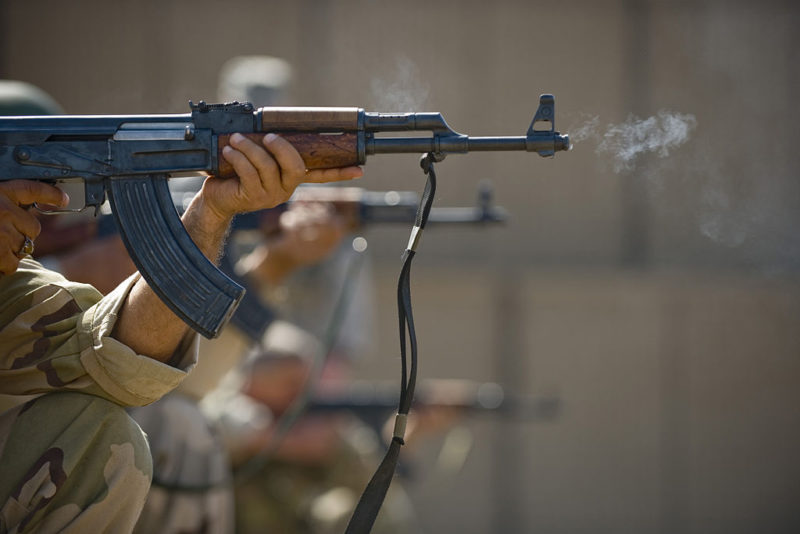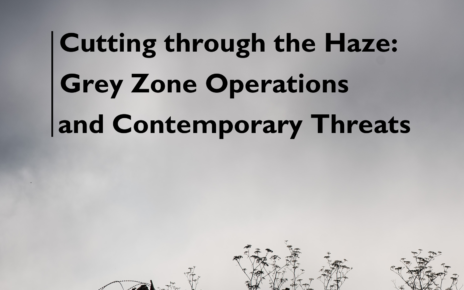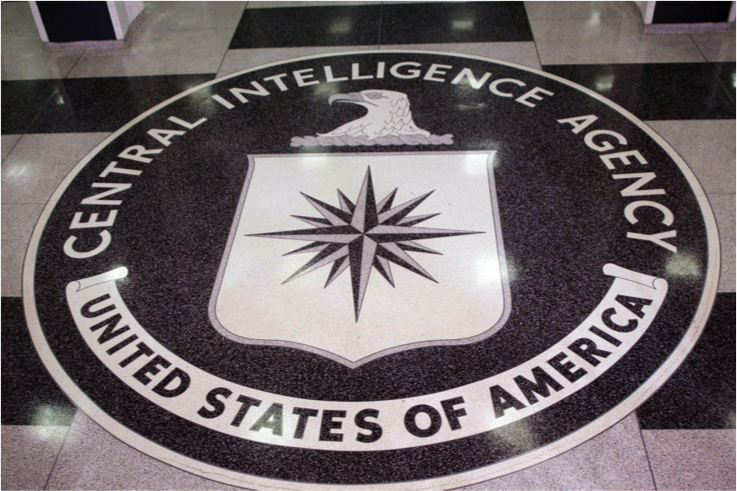With the inauguration of a new US president who remains cloudy on many of his foreign policy goals, along with numerous security threats and unresolved conflicts worldwide, what can we expect in 2017 for the global weapons market? The US continues to dominate the global arms trade, followed by France and Russia. The US accounted for 50.29%, about USD $40 billion, of all agreements in the global arms trade in 2015. France followed with a total of USD $15 billion in sales. Meanwhile, with the US heading the total value of arms deliveries made around the world, Russia came in second for the eighth year in a row.
In terms of security considerations, Trump has spoken out on multiple occasions concerning his dissatisfaction with NATO members, stating that he believes only five members are contributing their fair share to the alliance. In July 2016, when discussing the possibility of a Russian attack on the Baltic States, Trump stated that he would come to their aid only if those nations “fulfill their obligations to [NATO]”. With Trump voicing his discontent regarding NATO members’ military spending, the future is unclear. In response, German Chancellor Angela Merkel remarked that the EU does not have an “infinite guarantee” that it can rely on the US as a security umbrella. Many European countries now feel the need to increase their military budgets. As Trump is also looking to raise US military funding and the possibility of many European countries following suit, this is a “win-win” situation for arms suppliers.
That being said, not everyone agrees that recent developments will affect the global arms trade in the same way. US national-security policy specialist Catherine A. Theohary does not see the increase in major weapon suppliers’ sales as an increase in the international arms market overall. This is due to the weakened state of the global economy, which leads many nations to limit their purchases of major new weapon systems. In 2015, for example, arms-transfer agreements totalled USD $79.9 billion compared to the 2014 total of USD $89 billion. Rather than buying new weaponry, countries chose to upgrade training and support services, in addition to integrating previously purchased major weapon systems. Instead of the global weapons market expanding, the competition among suppliers has increased to maintain traditional partner countries and attract new buyers.
The boosting of military budgets can increase the global arms trade, which, consequently, could create many moral and security concerns. These concerns are brought to light in War Child CEO Samantha Nutt’s TedTalk about the real harm of the global arms trade. Samantha Nutt describes it as essentially a problem of supply and demand. However, Nutt also states, “War is ours–we buy it, sell it, spread it and wage it.” Therefore, we have the power to solve it. International transparency methods such as the Arms Trade Treaty are one way to maintain greater accountability, as the global arms trade can become a vicious cycle. As weapons may be sold to countries with records of human rights abuses, this can create more conflicts and, in turn, the need for more weapons.
This is an issue that Canada has had to face directly. A CAD $15 billion deal to sell armoured vehicles to Saudi Arabia, negotiated when Stephen Harper was Prime Minister, has been largely criticized. On one hand, there were many economic benefits for Canada involved in the deal. The 14-year contract will benefit many local Canadian firms, as well as sustain more than 3,000 jobs each year in Canada. On the other hand, this would mean supplying a country with a very poor human rights record with weapons. Former Foreign Affairs Minister Stephane Dion has stated that Canada can ensure the military equipment that Canadian companies are selling abroad is not used “against human rights and the interests of Canada and our allies”. Cesar Jaramillo, the Executive Director of Project Ploughshares, countered Dion’s claim when he stated that, in signing export permits, Canada has already given up its “leverage”. Project Ploughshares is among the organizations that, alongside Amnesty International, wrote an open letter to the Liberal government asking it to halt the sale due to the “reasonable risk” that the goods will be used against civilians by Saudi Arabia.
Accountability and transparency must remain a top priority in the global arms trade, particularly for top arms exporters such as the US, France, and Russia. Increased accountability of where their arms are going and what they will be used for may not resolve conflicts, but will be a step in the right direction.
Cover Photo: Iraqi airmen fire AK-47s (2011), by US Air Force Staff Sgt. Levi Riendeau via Wikimedia. Listed under Public Domain.
Disclaimer: Any views or opinions expressed in articles are solely those of the authors and do not necessarily represent the views of the NATO Association of Canada.




